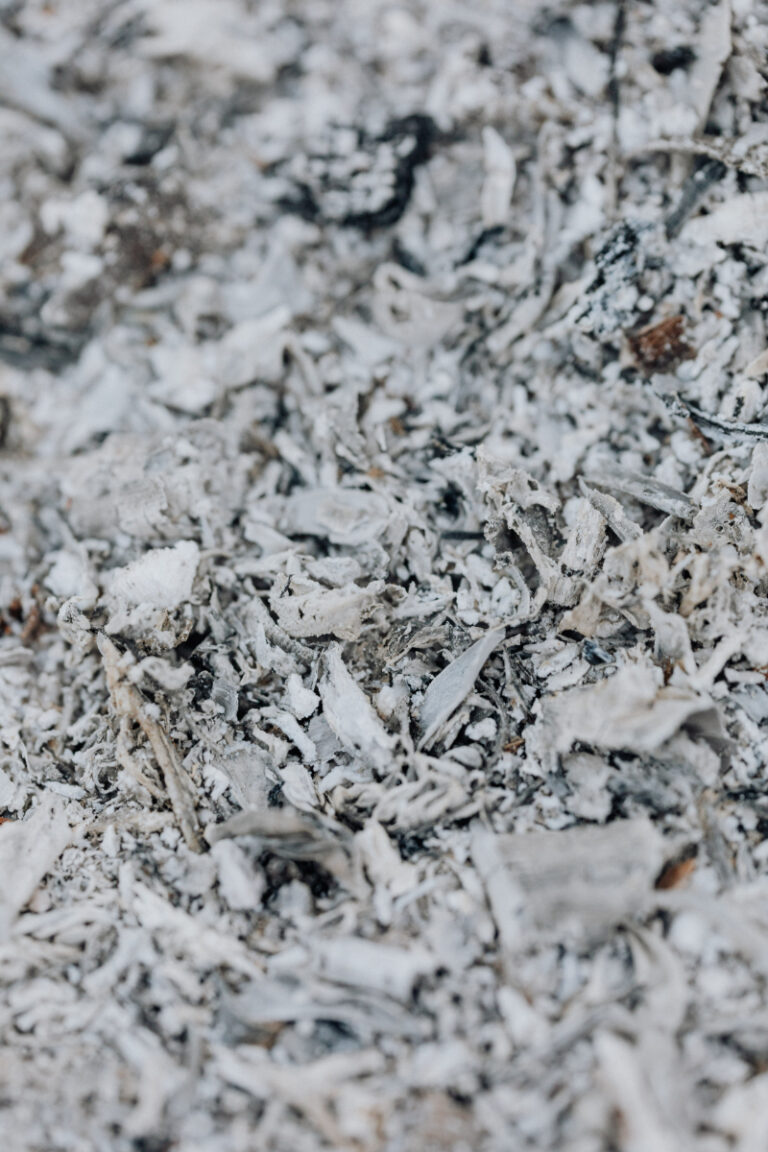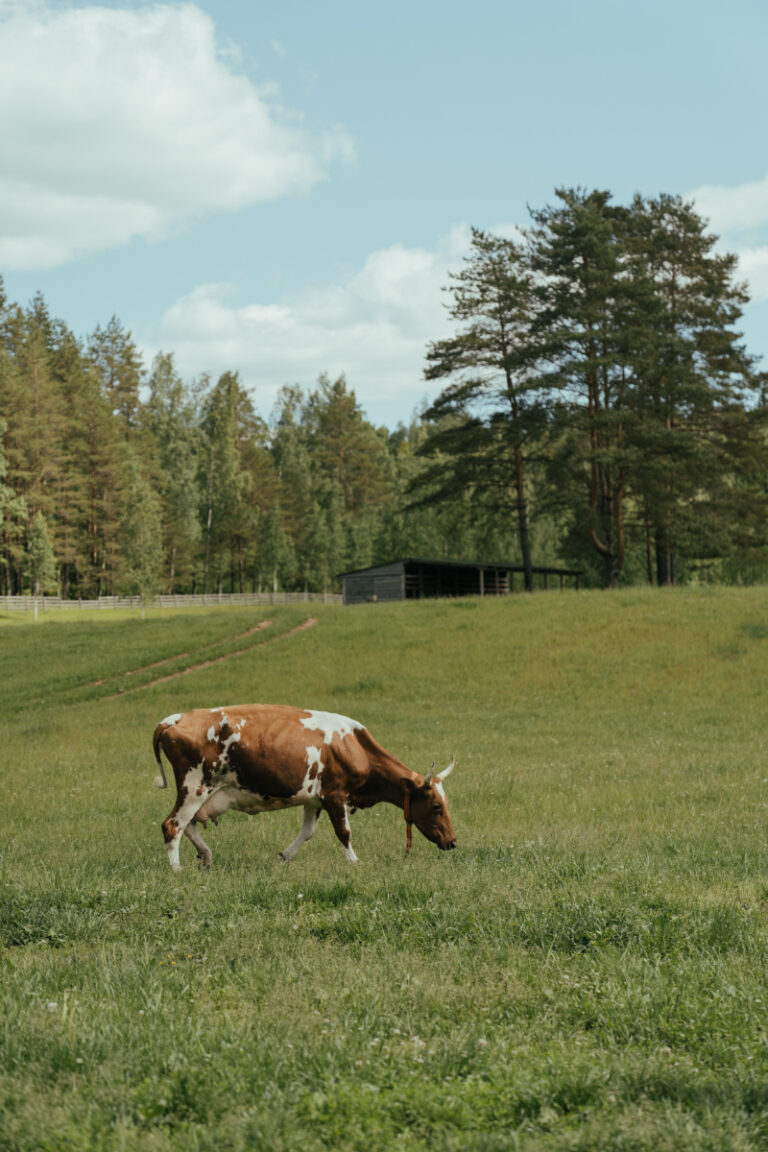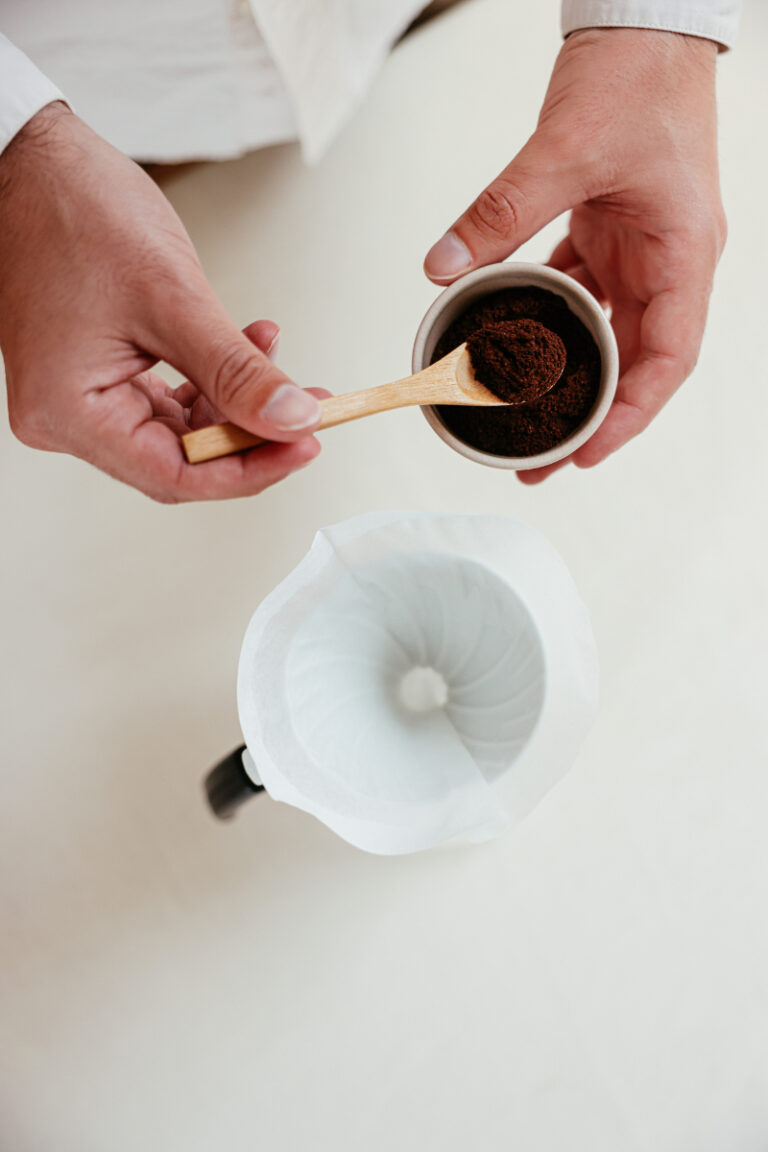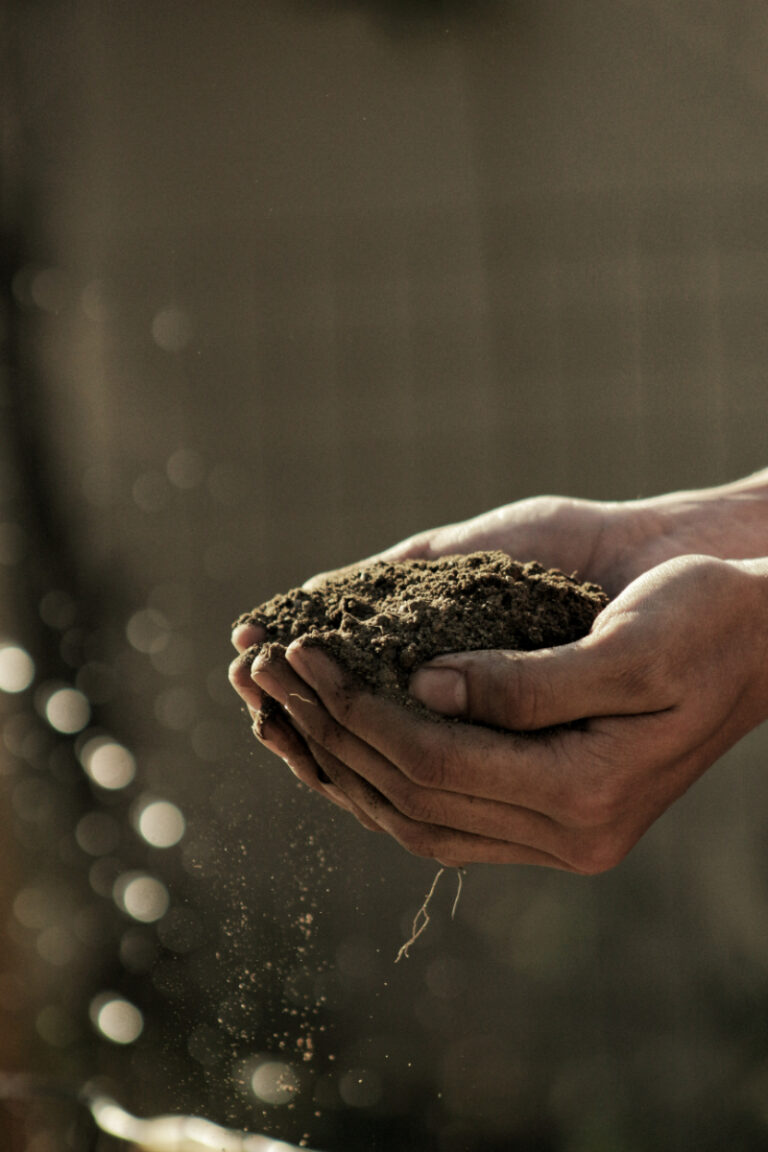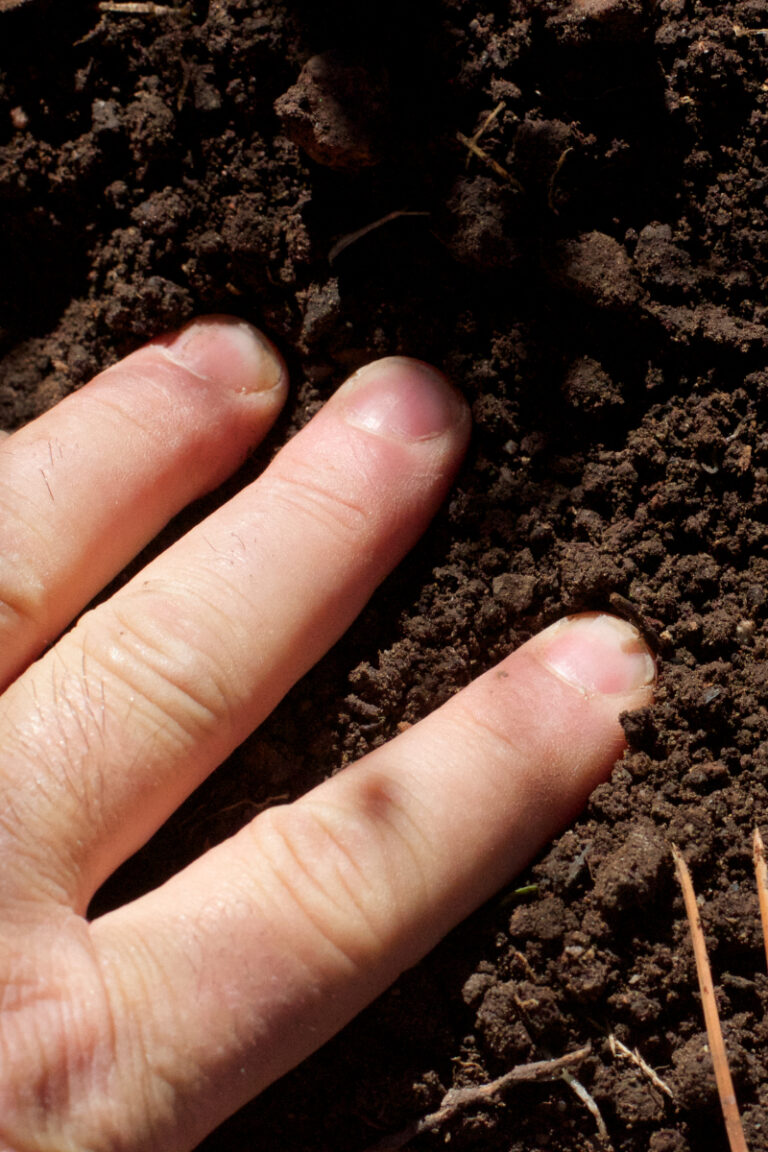Does Your Compost Need Sun? Expert Advice Revealed
Composting is a natural process that transforms organic waste materials into nutrient-rich soil conditioner, popular among gardeners and environmentally-conscious individuals alike.
This eco-friendly practice not only helps reduce the amount of waste sent to landfills, but it also enriches our gardens, promoting healthier plant growth.
Understanding how composting works can be a bit complex, especially when it comes to knowing the right conditions for successful composting.
One of the frequently asked questions by both beginners and experienced composters alike is about the role of sunlight in the composting process. Does your compost heap need sun?
This guide aims to provide a comprehensive answer to this question, exploring the basics of composting, the role of sunlight, and offering practical tips for effective composting.
Does Compost Need Sun? A Comprehensive Guide
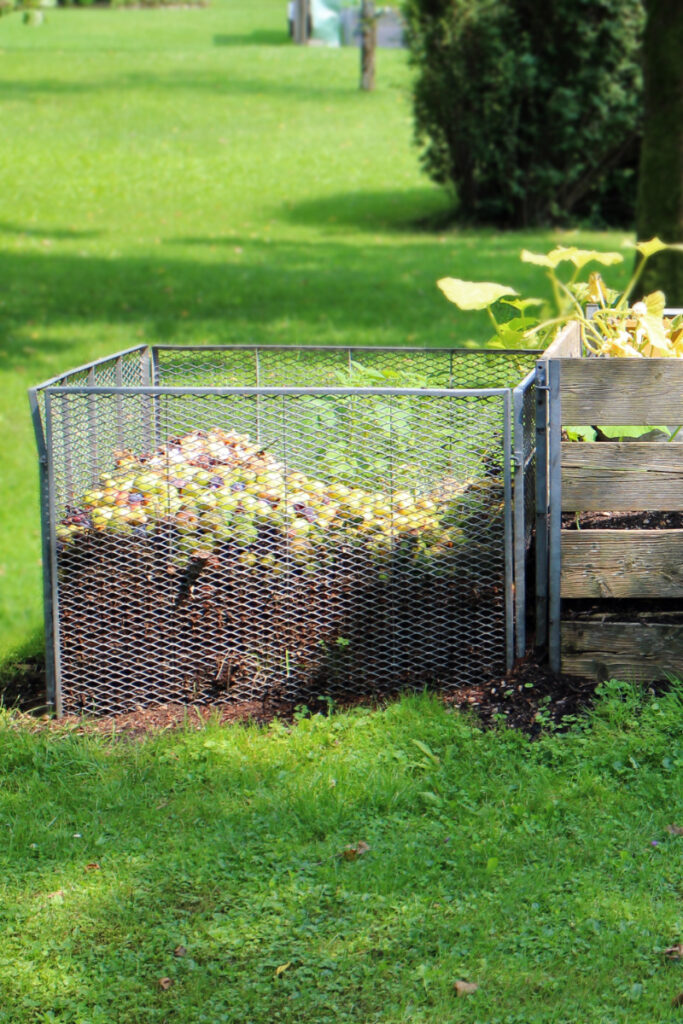
Understanding Composting Basics
Before we get into the specifics of sunlight’s role in composting, it’s essential to grasp the basics of composting. Composting is a process that relies on the combined efforts of microorganisms, worms, fungi, and other decomposers to break down organic waste into nutrient-rich compost.
Basic Elements Needed for Composting
There are four fundamental elements that you need to maintain for successful composting:
- Carbon: This element comes from brown organic materials such as leaves, straw, or paper. Carbon provides the energy that microorganisms need to grow and reproduce.
- Nitrogen: This is found in green organic materials such as food waste like fruit and vegetable scraps, coffee grounds, or fresh grass clippings. Nitrogen is a protein source that helps microorganisms build their bodies.
- Water: Moisture is crucial for the survival and activity of the microorganisms in your compost pile. However, too much water can drown the organisms and too little can dehydrate them.
- Oxygen: Composting is an aerobic process, meaning it requires oxygen. Turning your compost pile regularly helps incorporate oxygen and speeds up the composting process.
The Composting Process
The composting process begins when you mix your green and brown materials together in your compost bin or pile. Microbial activity starts to consume these materials, breaking them down into simpler organic matter. As they feed, they generate heat, which in turn helps break down the materials even further.
This process continues until all the materials are decomposed into a dark, crumbly substance with a pleasant earthy smell – this is your finished compost, also known as “black gold” among gardeners. It’s full of nutrients and beneficial microorganisms, perfect for enriching your garden soil and promoting healthy plant growth.
Role of Sunlight in Composting
Sunlight, or more specifically, the heat from the sun, plays a somewhat indirect role in the composting process. While the microorganisms that break down compost don’t require sunlight to function, the heat that the sun provides can influence the speed and efficiency of the composting process.
The Role Sunlight Plays in Composting
The primary benefit of sunlight in composting comes from the heat it provides. Composting is an exothermic process, which means it produces heat. This heat is essential as it helps speed up the decomposition process by providing the ideal environment for thermophilic (heat-loving) microorganisms to thrive.
When a compost pile is exposed to sunlight, it can help raise the internal temperature, especially if the compost bin or pile is dark colored, as darker colors absorb more heat. The increased temperature can accelerate the composting process, breaking down the materials faster than in cooler conditions.
However, this doesn’t mean that you should place your compost pile in direct sunlight all day. Too much heat can kill the beneficial microorganisms in the hot compost pile, slowing down the composting process or stopping it altogether.
Pros and Cons of Exposing Compost to Sunlight
Pros:
- Faster Decomposition: Sunlight increases the temperature of the compost pile, which can speed up the decomposition process. For best results, place your healthy compost pile in a location that will get no more than 4-6 hours of direct sun per day.
- Kills Pathogens and Weed Seeds: A higher temperature can also kill pathogens and weed seeds in the compost, making it safer to use.
Cons:
- Risk of Overheating: Too much heat can kill beneficial microorganisms, slowing down or halting the composting process.
- Drying Out: Compost piles in direct sunlight can dry out quickly, especially in warmer climates. Dry compost piles can slow down the composting process as moisture is crucial for microorganism activity.
Heat vs. Sunlight: Clearing the Confusion
When discussing whether compost needs sun, it’s crucial to differentiate between the need for heat and direct sunlight in composting. Both play roles in the process, but they are not the same thing.
Differentiating Between the Need for Heat and Direct Sunlight
Heat is a critical component of the composting process. As previously mentioned, composting is an exothermic process – it generates heat. This heat comes from the activity of microorganisms as they break down organic materials. The heat helps speed up the decomposition process by creating an optimal environment where thermophilic (heat-loving) microorganisms can thrive.
Sunlight, on the other hand, can help increase the temperature of the compost pile, especially when the pile or bin is exposed to direct sunlight. However, it’s worth noting that the compost pile can generate sufficient heat internally, even without hours of sunlight, provided that the right conditions are met (correct ratio of greens and browns, adequate moisture, and good aeration).
The Science Behind the Heat Generation in Compost
The heat generated in a compost pile is a result of the metabolic activity of billions of microorganisms. These tiny creatures consume the organic matter in the compost pile, and as they do so, they produce heat. This is similar to how our bodies produce heat when we exercise.
When the compost pile heats up, it creates an environment conducive to thermophilic organisms. These heat-loving organisms take over from the mesophilic (moderate-temperature-loving) organisms, speeding up the decomposition process.
However, there is a limit to how much heat is beneficial. If the compost temperature gets too high (over 160 degrees Fahrenheit), it can kill off the beneficial microorganisms and halt the composting process. That’s why it’s a good idea to monitor the temperature and turn the pile regularly to evenly distribute the heat and prevent overheating.
Understanding this difference between heat and sunlight in composting can help you better manage your compost pile’s conditions and ensure efficient decomposition. In the next section, we’ll discuss the ideal conditions for composting and how to position your compost pile for optimal results.
Ideal Conditions for Composting
Now that we’ve differentiated between the roles of heat and sunlight in composting, let’s discuss the ideal conditions for composting a well-managed pile. Maintaining these conditions will ensure that your compost pile decomposes efficiently.
Factors Contributing to Successful Composting
- Balanced Carbon and Nitrogen Ratio: For efficient composting, you need a good balance of carbon-rich (browns) and nitrogen-rich (greens) materials. The ideal ratio is about 30 parts carbon to 1 part nitrogen. Too much carbon can slow down the decomposition process, while too much nitrogen can create a smelly compost pile.
- Adequate Moisture: Your compost pile should be as damp as a wrung-out sponge. Too much water can create anaerobic conditions and produce foul odors, while too little water can slow down the composting process.
- Good Aeration: Oxygen is crucial for composting. Turning your compost pile regularly helps incorporate oxygen and speeds up the composting process.
- Proper Size of Materials: Smaller pieces of material will break down faster than larger ones. If you want to speed up your composting process, chop or shred your materials before adding them to the pile.
- Appropriate Pile Size: For effective composting, your compost pile should be at least 3 feet high and 3 feet wide. This size is ideal for retaining heat and maintaining the composting process.
Positioning Your Compost Pile or Bin for Optimal Results
The placement of your compost pile or bin can also influence the composting process. Here are some factors to consider when choosing a location:
- Sunlight Exposure: While it’s not necessary to place your compost pile in direct sunlight, doing so can help increase the internal temperature and speed up the composting process. However, if you live in a hot climate, too much sun can dry out your compost pile. In this case, a shaded or semi-shaded area would be more suitable.
- Accessibility: Choose a location that is easily accessible all year round. You’ll need to add materials regularly and turn the pile to ensure adequate aeration.
- Drainage: Make sure the location has good drainage to prevent the compost pile from becoming waterlogged in rainy weather.
- Distance from Living Areas: While a well-managed backyard compost pile shouldn’t smell bad, you might want to place it a little distance away from your house or areas where you entertain guests.
The Verdict: Does Compost Really Need Sun?
After exploring the basics of composting, the role of sunlight, and the ideal conditions for composting, we can now address the question at hand: does compost need sun?
Detailed Analysis on Whether Compost Needs Sun or Not
The short answer is no, compost does not necessarily need direct sunlight to decompose efficiently. The decomposition process relies primarily on the activity of microorganisms, which do not require sunlight to function. They do, however, need warmth and proper moisture content, which is generated internally in the compost pile as a result of their metabolic activities.
That being said, exposure to sunlight can help increase the temperature of the compost pile, potentially speeding up the composting process. But it’s important to remember that too much heat, whether from the sun or the composting process itself, can kill off the beneficial microorganisms and halt the composting process.
Moreover, compost piles exposed to direct sunlight, especially in hot climates, can dry out quickly, slowing down the composting process as moisture is crucial for microorganism activity. Therefore, while sunlight can have some benefits, it is not a necessary component for successful composting.
Practical Suggestions Based on Various Composting Conditions
Given the above analysis, here are practical suggestions for managing your compost pile:
- If you live in a cooler climate, placing your compost pile in a sunny spot can help increase its temperature and speed up the composting process, especially during the cooler months of the year.
- If you live in a hot, dry climate, it may be better to place your compost pile in a shaded or semi-shaded area to prevent it from drying out.
- Regardless of where you place your compost pile, remember to maintain the ideal composting conditions – a good balance of green and brown materials, adequate moisture, regular turning for aeration, and appropriate pile size.
Tips for Effective Composting
Creating a successful compost pile can be a rewarding process, especially when you see your food scraps and yard waste transform into valuable compost. Here are some tips to help you manage your compost system effectively:
Practical Tips for Successful Composting
- Maintain the Green-Brown Balance: Remember to keep a good balance of green (nitrogen-rich) and brown (carbon-rich) materials in your compost pile. A ratio of about 2 parts brown to 1 part green is ideal.
- Keep Your Compost Pile Moist: The moisture level of your compost pile should be like a wrung-out sponge. If it’s too dry, add water or wet green materials. If it’s too wet, add more brown materials (dry leaves!) to absorb excess moisture.
- Turn Your Compost Pile Regularly: Turning your compost pile helps incorporate oxygen and speeds up the composting process. It also helps prevent the pile from overheating.
- Chop or Shred Your Materials: Smaller pieces of material will decompose faster than larger ones. If possible, chop or shred your materials before adding them to the compost pile.
- Don’t Add Meat or Dairy Products: These items can attract pests and create unpleasant odors. Stick to plant-based kitchen scraps, yard waste, and other approved compostable materials.
- Be Patient: Composting takes time. Depending on the conditions, it can take anywhere from 2 months to a year for materials to fully decompose. Don’t rush the process.
Understanding and Adjusting to Your Composting Conditions
Your composting conditions will depend on various factors like your local climate, the time of year, and the specific materials you’re composting. It’s important to monitor your compost pile and adjust your composting practices as needed.
For instance, if your compost pile is drying out quickly, it might be getting too much sun or heat. In this case, you could move it to a shadier spot, add more green materials, or cover it with a tarp to conserve moisture.
On the other hand, if your compost pile is not heating up, it might need more green materials, more moisture, or better aeration. You might also consider moving it to a sunnier spot if it’s in a shaded area with lower temperatures.
Composting is both a science and an art. By understanding the basic principles and being willing to experiment and learn from experience, you can become a master composter and produce rich, nutrient-filled compost for your garden.
Conclusion
Composting is an invaluable process for converting kitchen scraps and yard waste into nutrient-rich soil amendment. While it might seem complicated at first, understanding the basic principles and maintaining ideal conditions can make composting a simple and rewarding activity.
Remember, direct sunlight is not a necessary component for successful composting. The key lies in the activities of microorganisms and maintaining the right balance of carbon, nitrogen, water, and oxygen.
Whether you live in a sunny or shady area, by following the practical tips shared in this guide, you can effectively manage your compost pile and contribute to a healthier environment. Remember, patience is key – give your compost time to transform and it will provide you with rich, fertile compost that your plants will love. Happy composting!


